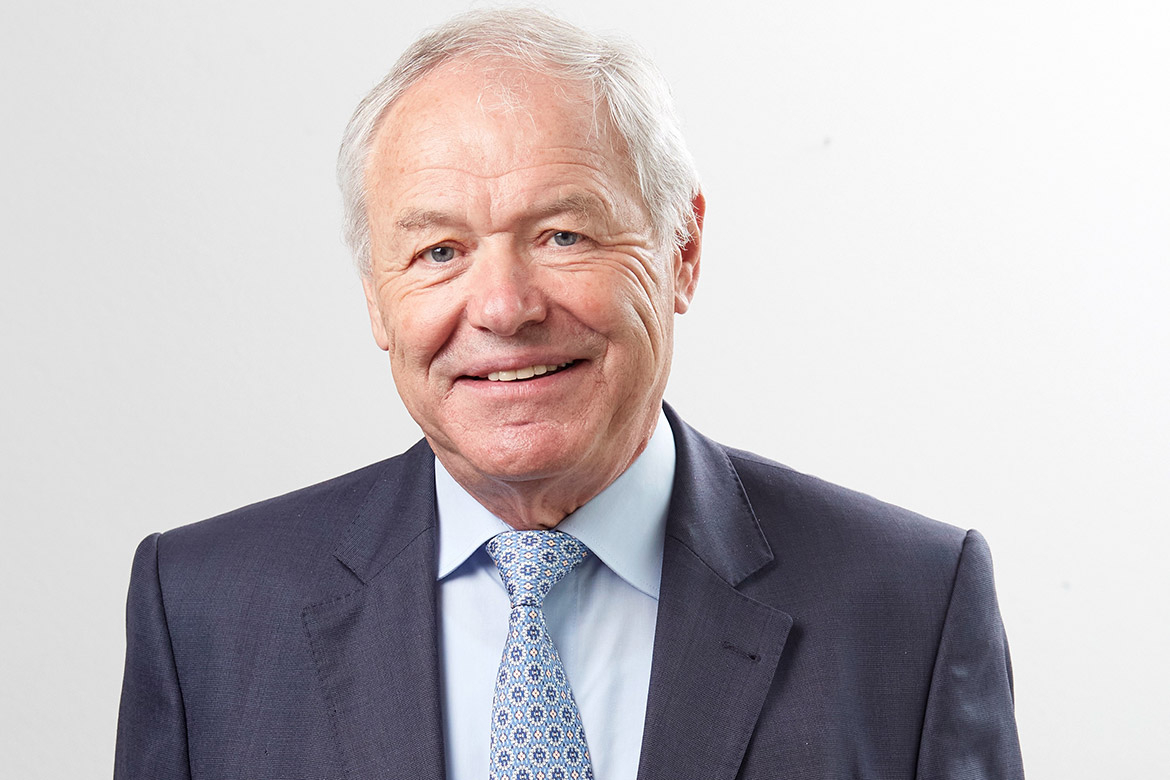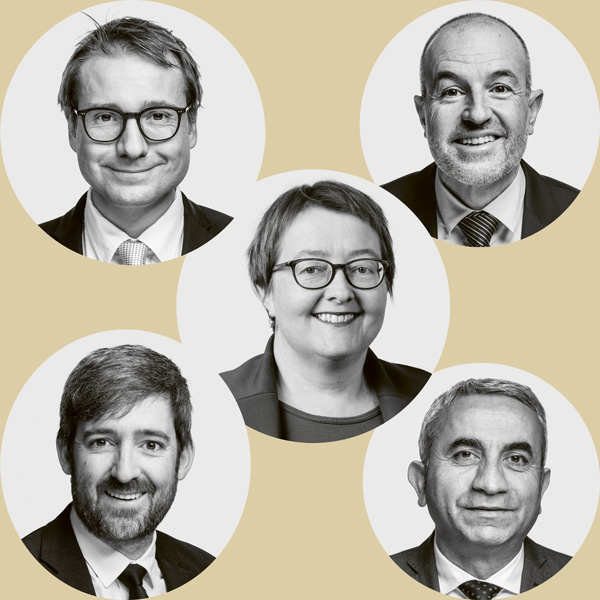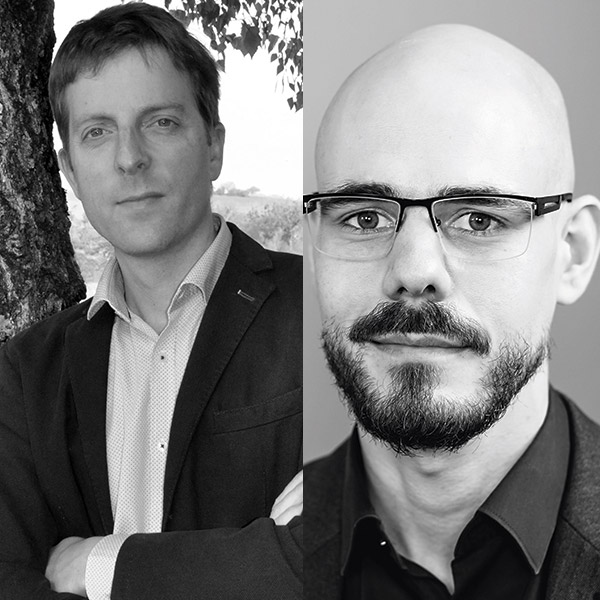Column
Opinion-forming needs a scientific basis

Peter Bieri is the Vice-President of the Swiss Academies of Arts and Sciences a+ | Image: Nicolas Brodard/SNSF
For 20 years, I was a member of the Science, Education and Culture Committee SECC for the Council of States in the Swiss Parliament. When I retired from Parliament, I was asked to assume the chairmanship of TA-SWISS, the Foundation for Technology Assessment. I have been fulfilling this challenging, exciting task for eight years now. The foundation is part of the Swiss Academies of Arts and Sciences, to which I was appointed Vice-President four years ago. This is a position that involves being more than merely a ‘deputy’.
Why am I describing my own career here? Well, there’s been much discussion recently about the relationship between science on the one hand and society and politics on the other. I have personal experience of the world of science because I studied at ETH Zurich – and my current job has renewed those experiences, albeit from a different perspective. As a member of the Federal Parliament, we had two points of contact with science. First, we had to create the political conditions to ensure the prosperity of our national science system by establishing the appropriate constitutional and legal foundations for it, as well as securing its finances.
For example, there was the matter of the new Article on the Higher Education Institutions in the Swiss Federal Constitution, then the Federal Act on Funding and Coordination of the Swiss Higher Education Sector that was derived from it. Secondly, we also created laws providing a framework for the actual content of scientific disciplines – here I’m thinking of the acts on gene technology, stem cell research, reproductive medicine and human research.
Whatever the problem, the opinions of the researchers we consulted were significant for the decisions we made in Parliament. The task of TA-SWISS, as set out in the Federal Act on the Promotion of Research and Innovation, is also situated in this broader environment. In its interdisciplinary studies, this competence centre gathers knowledge in order to present it to politicians and the public at the earliest possible date, thereby helping to create a well-founded, balanced basis for opinion-forming debates. Identifying socially relevant topics early on, recognising ethical responsibilities when putting new findings and technologies into practical use, assessing their opportunities and risks, and promoting dialogue between science and society: all these core tasks motivate me, as a former politician, to use my current position to make a contribution to the field.




